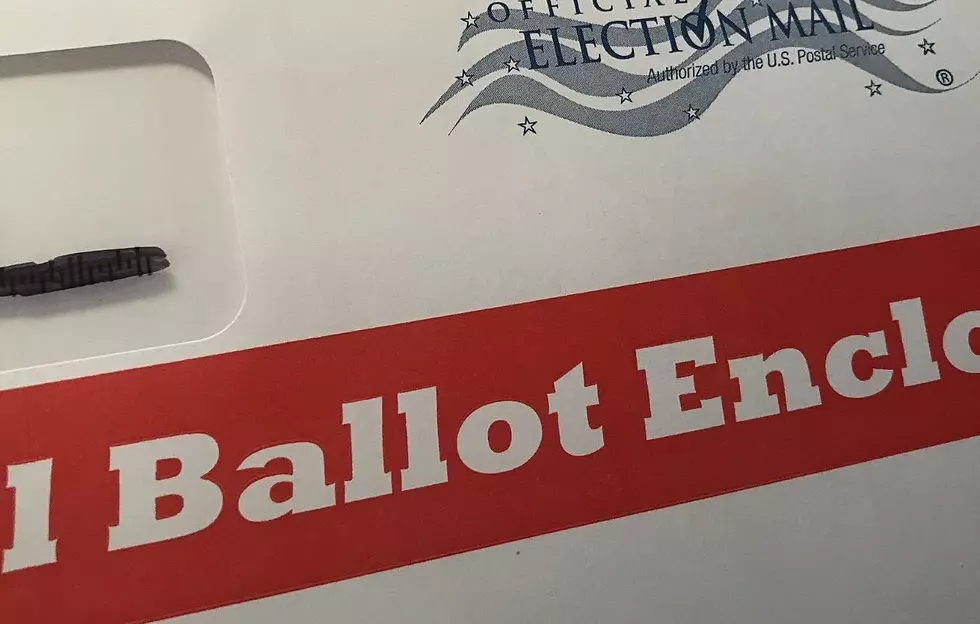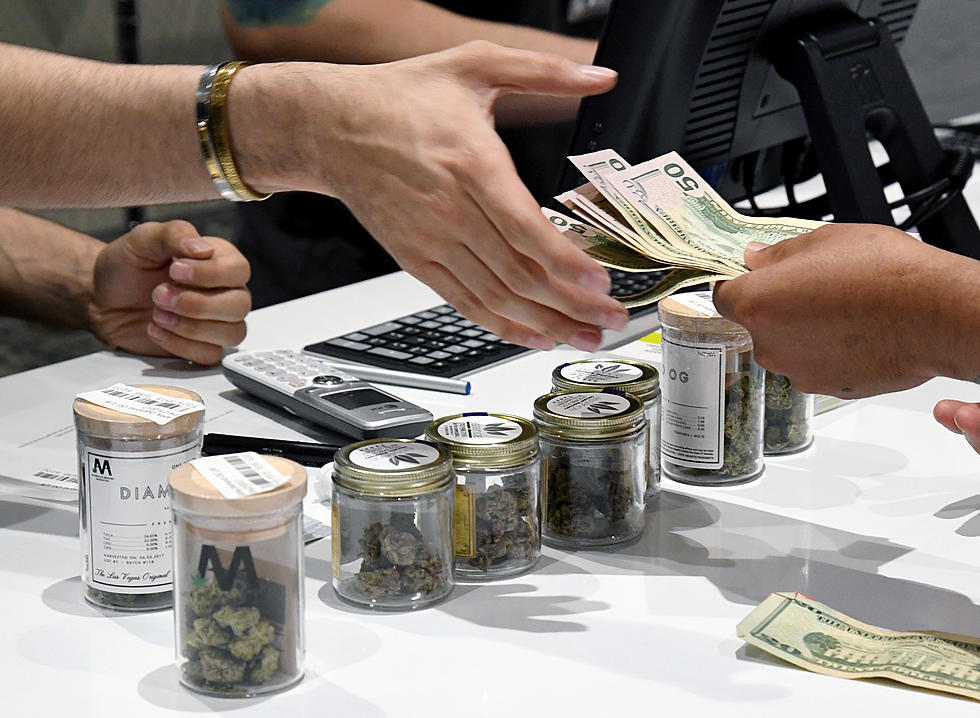
Tell your county if you get ballots for dead or former residents
In an election where more than 6 million mail-in ballots have been distributed in New Jersey, sent automatically without being individually requested, stray ballots or duplicates are inevitable and have been piling up — raising concerns about people voting in the name of someone who has died or moved.
State Division of Elections Director Robert Giles said people who received errant ballots should alert their county election officials so the voter rolls can be updated.
“We’re asking that you return it back, you send it back as undeliverable or return or sender. Or reach out to your county clerk or your county commissioner of registration,” Giles said. “Not only if it’s for somebody who doesn’t live there anymore, but if it’s for somebody who’s deceased, or if a voter gets two ballots for themselves.
“We see this when folks get married,” he said. “A lot of times we don’t have, especially with the older records, we don’t have enough information to make the match between the maiden name and the married name, so sometimes people will get registered under both those names.”
There’s a process to remove deceased residents from the voter rolls, but it’s not foolproof.
The state health department sends weekly lists of people who have died to the Division of Elections, and potential matches are sent to county boards of elections to investigate. State law also directs municipal health officers to send monthly lists of deceased residents to the county registration office.
People can also alert the county to a relative’s death by providing a copy of the death certificate. A phone call or letter alone wouldn’t suffice.
Lori Minnite, an associate professor of public policy at Rutgers-Camden who has studied voter fraud, said any voter registration database is going to have inaccuracies.
“It is a crime to vote somebody else’s ballot. It should be pretty clear to you: If you are in a household and a ballot comes for somebody who has died that you cannot vote that ballot,” Minnite said.
“The fact that some ballots may have gone to people who have died reflects the system we have, which is that the election officials get the information that people died, but they don’t get it absolutely immediately,” she said. “And they are culling the records and checking them on a routine basis.”
It’s more complicated when someone moves, particularly if they move out-of-state.
“The problem we run into is if we don’t get notified, we just don’t know,” Giles said. “If somebody moves and post office continues to deliver the mail to that house and the current residents continue to accept that mail and maybe just throw it in the garbage, it’s going to continue to get there because there’s been no notification to the election officials that there’s an issue with that address.”
“That’s one of the main purposes that we use the sample ballot for – obviously to get information out, but by sending a piece of mail to every single registered voter for the primary and for the general, that gives us two opportunities to check addresses,” he said. “But like I said, if it doesn’t come back, we don’t know.”
The state didn’t send sample ballots for this year’s election, since everyone was being sent an official ballot.
Jesse Burns, executive director of the League of Women Voters of New Jersey, said that just because a person receives multiple ballots doesn’t mean a person is voting multiple times.
“Receiving it does not mean that you’re casting it back. There’s security safeguards in place like the signature match, like the bar code, like the voter ID – there’s things in place to prevent against double voting,” Burns said.
“The alternative to this is voting purges. In other states, we’ve seen really aggressive purging of records, which leads to disenfranchisement. So we don’t want to see that, either,” Burns said. “If they don’t have enough information to really know that these duplicates are the same person, they’re going to err on the side of not disenfranchising a voter by purging that person.”
Giles said there aren’t dates of births associated with many older voter registration records created years ago, before that was required. Those records are filled a false birth date of Jan. 1, 1800 – and obviously, there aren’t any 220-year-old voters.

But that makes it a bit more complicated to delete voters if death records lack a matching date or birth, or to know if a registration comes in with the same name whether that’s an update to an existing voter record or perhaps a child with the same name.
“They tend to – rather than disenfranchise somebody, and then the father and son both show up and they say, ‘Sorry, we only have one record for you’ – they try to do as much investigative work as they can,” Giles said. “But a lot of times that will happen and they’ll err on the side of registering that other person because they don’t have enough information to make that determination as to duplicate. And then have the voter assist us down the road, send it back to say, ‘There’s two records for me.’”
Voters are considered inactive in New Jersey if they haven’t voted in four years, meaning two federal election cycles, or if election mail is returned to the county as undeliverable. They remain inactive but on the rolls for four years.
The state has around 400,000 inactive voters who were not mailed ballots for this fall’s election.
Michael Symons is State House bureau chief for New Jersey 101.5. Contact him at michael.symons@townsquaremedia.com.
READ MORE: New Jersey's Cutest Pets of 2020
More From Rock 104.1










